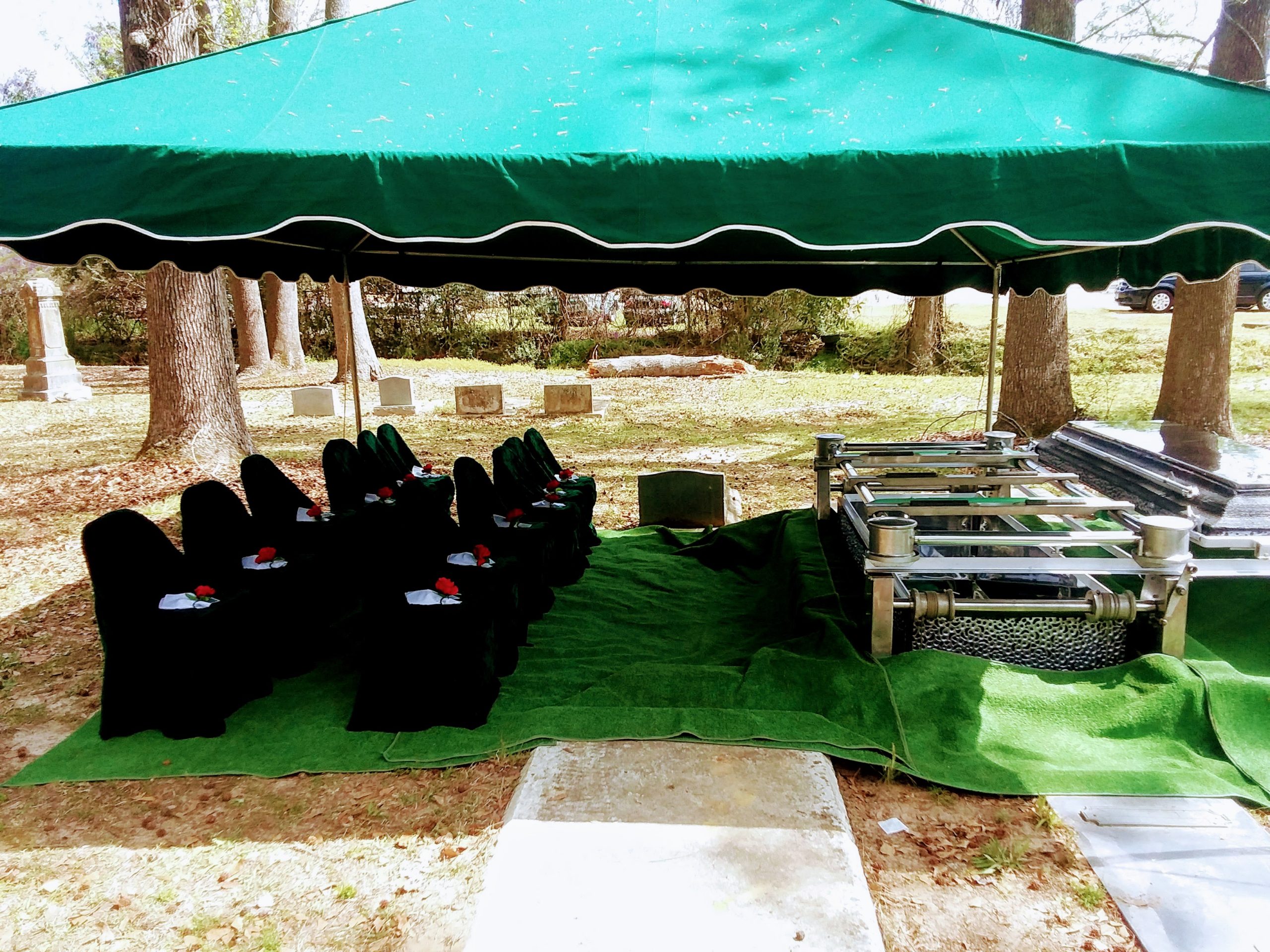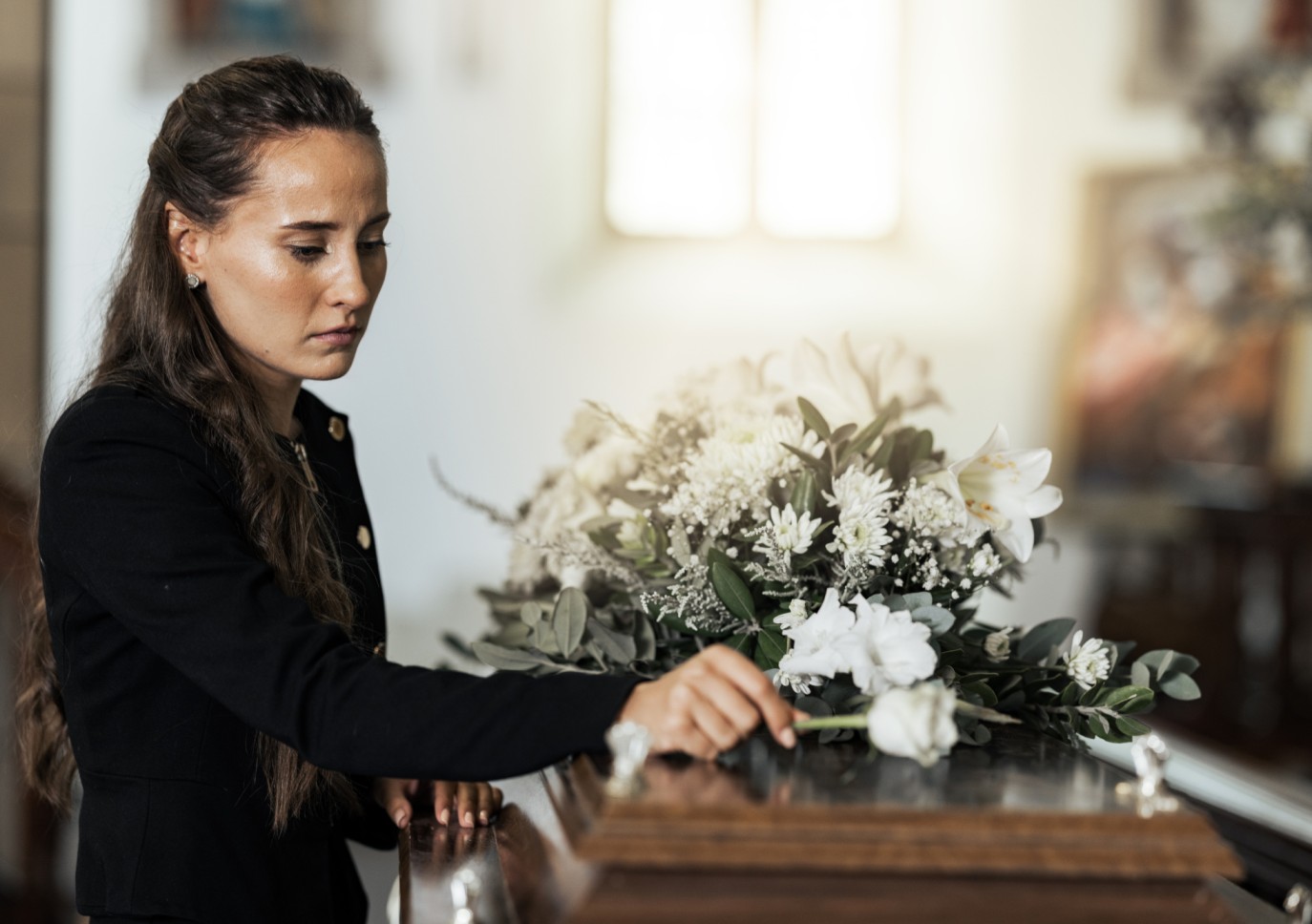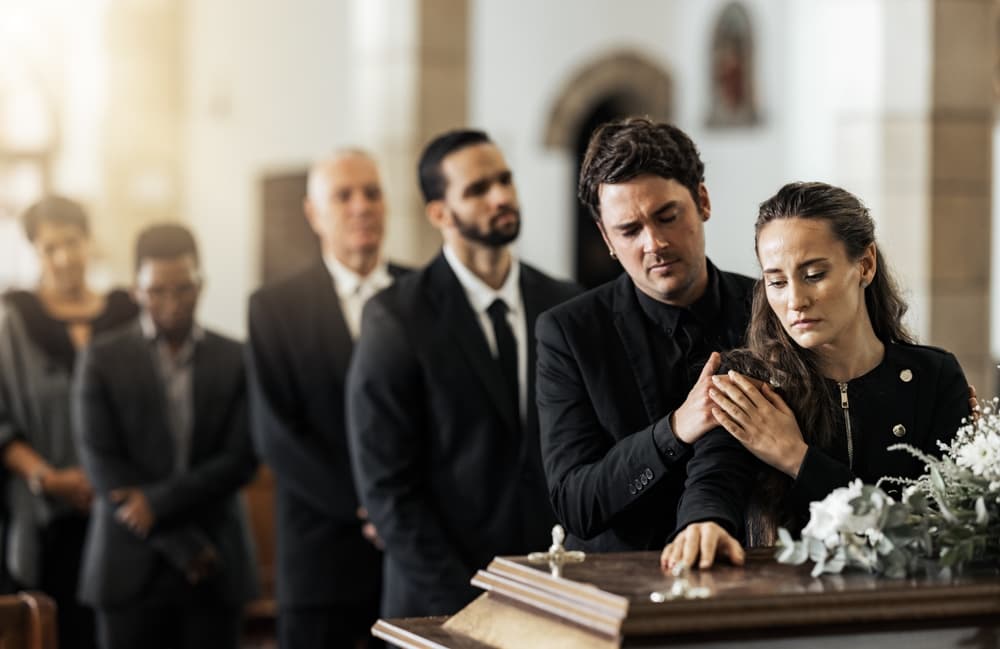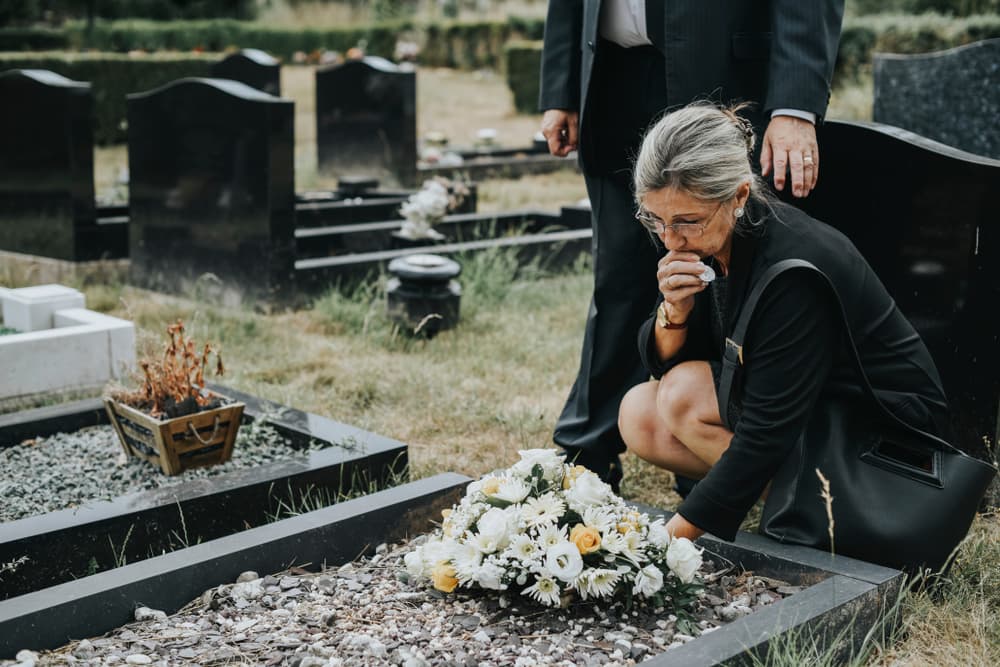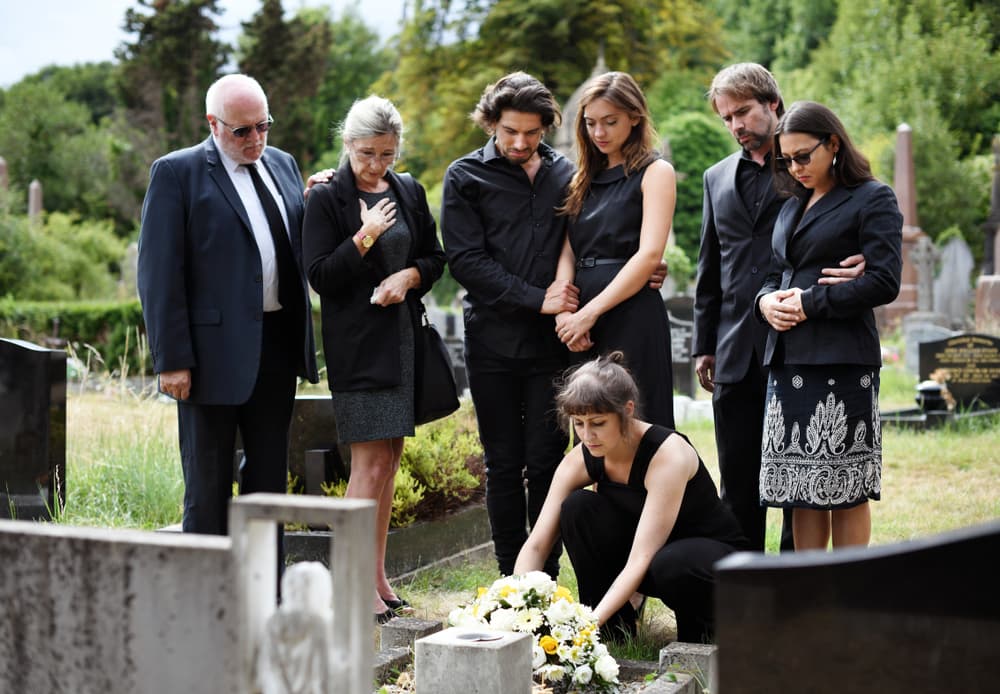When a loved one passes away, there is a lot to arrange for the deceased during the grieving process. As well as telling family and friends, one of the most important things the family of the deceased need to do is arrange the funeral. You first need to get in touch with a funeral home that will arrange the funeral for you. It’s then important to decide on what type of funeral you will want for your loved one.
Whether they have a burial or cremation will affect your plans for the funeral. After all, this will impact whether you need to find a burial plot or not and whether you need to get in touch with a cremation. If you haven’t planned a funeral before, there are a lot of decisions you will need to make.
In some cases, the person that has died may have left requests before their passing. In other cases, the family members have to make vital decisions regarding the funeral. One of these important decisions is when the funeral will take place. Of course, this can vary depending on many different things. Here is our guide to how long after death is a funeral.
The average time between death and a funeral
When a person passes away, the closest family members tend to arrange the funeral as quickly as possible. Once they find the right funeral home, they tend to have a date in place on average within a week after the person has died. This can sometimes be around 2 weeks depending on the type of arrangements required. A week, with the funeral home’s help with arrangements, gives them enough time to choose a plot, plan the funeral and invite the family to come.
The body must be buried within a reasonable time, even if a memorial has to occur at a later date after the person has been buried or cremated. However, some situations mean that it takes slightly longer or shorter for the funeral to occur.
What can impact the length between the death and the funeral?
Here are some of the reasons that can impact the funeral after a person’s passing.
Culture
In some cultures, they like the funeral to occur as soon as possible. For instance, in the Islamic faith, they prefer the body to be buried within 24 hours. Also, some places that experience hot weather require the bodies to be buried quickly. In some countries such as Sweden, they leave the deceased for up to three weeks in a special place before they are buried. Therefore, religious or cultural factors can impact how long it is before the funeral takes place.
The type of funeral
The time between death and a funeral can also be impacted due to the type of funeral. If you have more complex arrangements such as applying for a military funeral or the funeral taking place in a different state, it is likely to lengthen the time between the death and the funeral. If you have decided on a burial for your loved one, this will likely occur quicker than a cremation due to preservation reasons.
Of course, choosing a burial plot and deciding on a type of service can also impact the time. You might decide to have a burial service and then a funeral later down the line and this can then take place more quickly.
How the death occurred
How the person passed away can also impact the time between the death and the funeral. If it’s in suspicious circumstances, there may likely be further investigations before the body is released to the family. Or if the police have had to get involved, it will be part of an investigation and only once the police have finished this will you be allowed to arrange the funeral. You might request autopsies if you are not happy with how the person has died and want to investigate further which also can delay the time before the funeral.
Family arrivals
The date of the funeral can often be pushed back as far as possible if family and friends are traveling from far and wide. If they are traveling from other countries, it might be necessary to try and find a date in a few more days than normal.
However, in some cases, it’s easier to have a graveside service and then arrange a memorial that the family can all attend at a later date.
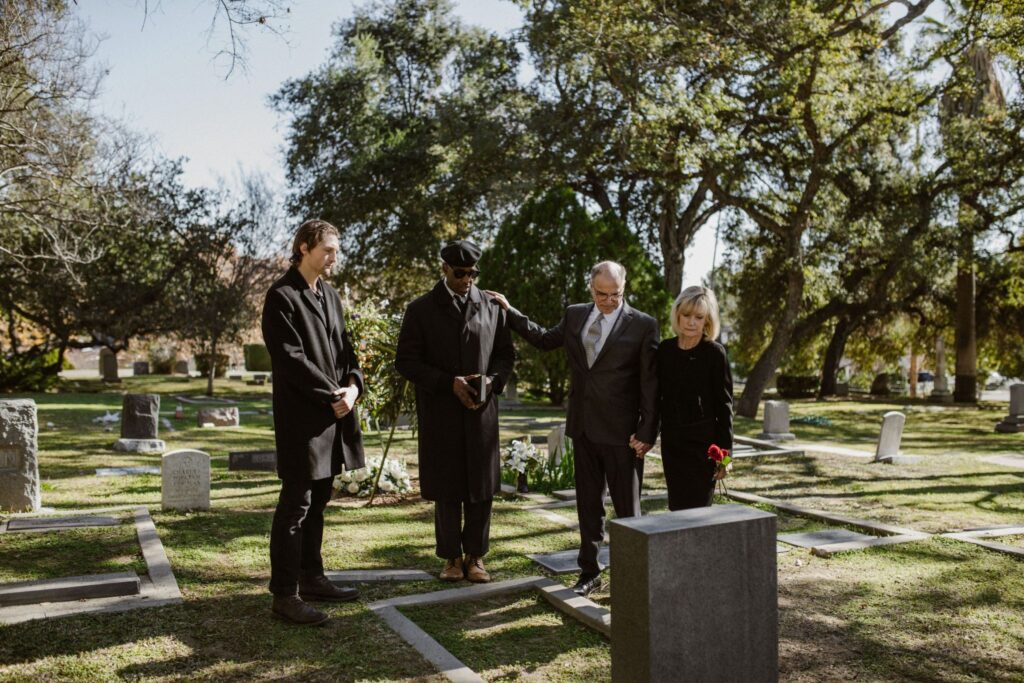
What day does the funeral normally take place?
It’s likely the funeral will be held on a weekday, whether you go for a burial or a cremation. You can discuss the date with the funeral home and they will try to make whichever date works for you. It’s possible to have it on Saturdays, although this sometimes incurs an extra cost. A Sunday is less likely, especially if you require a church service for your loved one.
Important things to do between the death and the funeral
Here is what you need to do between the death and the funeral to ensure everything goes to plan.
Invite family members and friends
You must make close friends and family members aware of the date once you have it. That way, they can make arrangements for travel and time off work to make the funeral.
Liaise with the funeral home and the venue
It’s important to ensure your preferences are stated to the funeral home so that they can make arrangements as necessary. From choosing the casket and vault to arranging music, this all needs to be discussed with the funeral home. You also need to have contact with the venue to ensure everything has been planned before the funeral.
Consider the order of service
Whether you want a specific family member to say a few words or to read out a poem, this all should be planned out before the day. You also need to decide whether you will have a viewing or visitation before the funeral begins.
Plan the wake
It’s likely the family and friends will want to meet together to reminisce and grieve about the person that has passed. Therefore, arranging a wake ensures everyone has somewhere to go and meet after the funeral.
